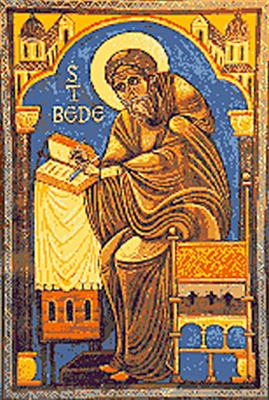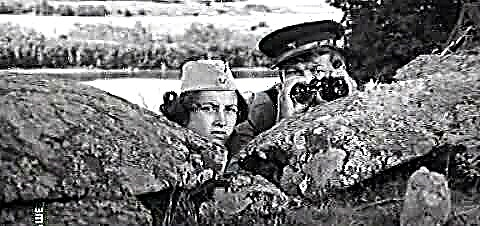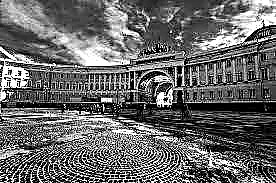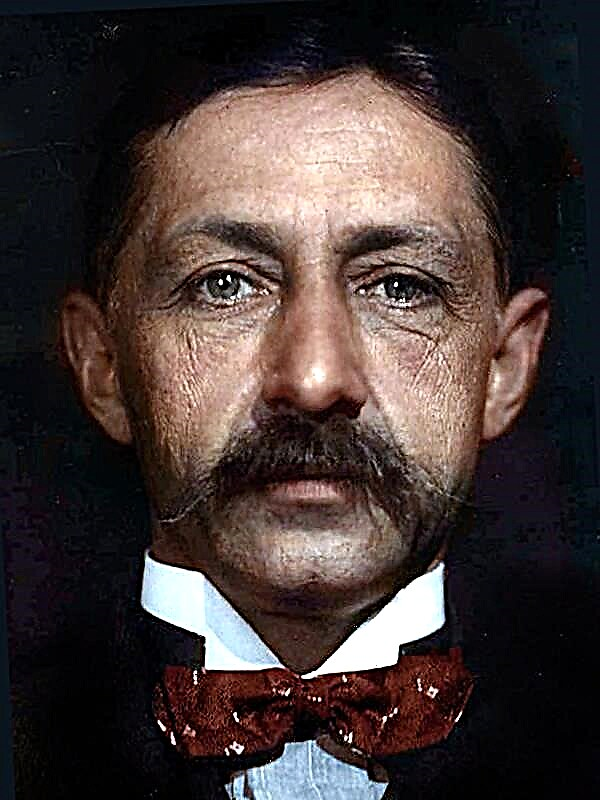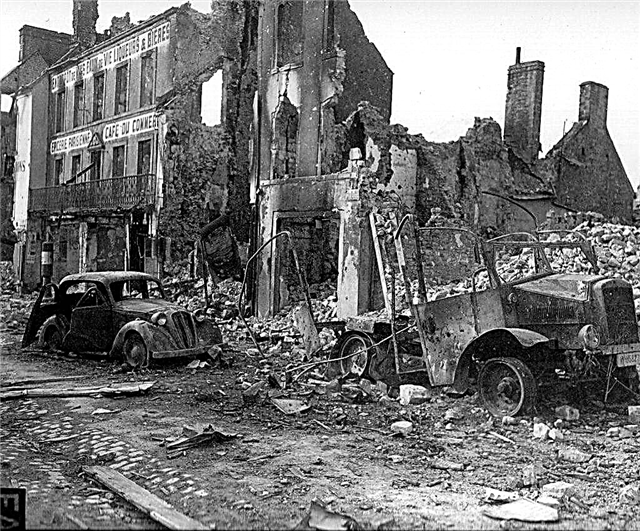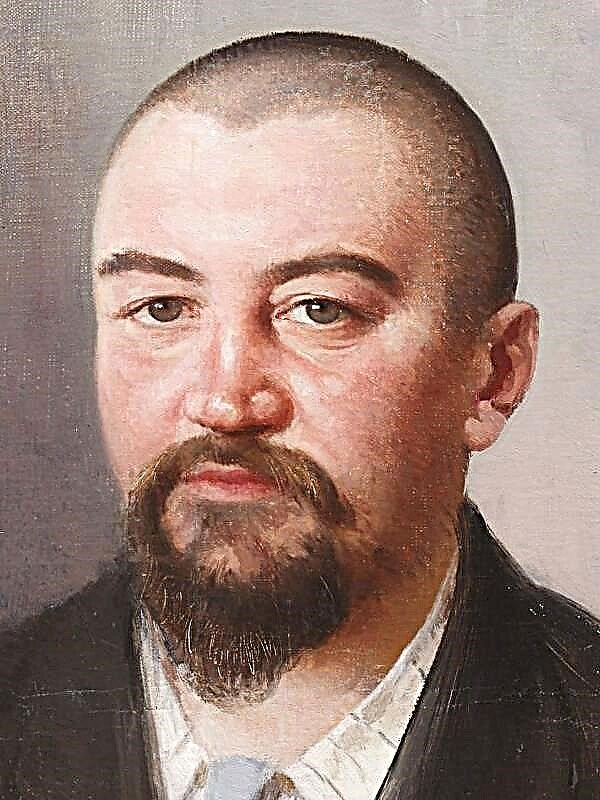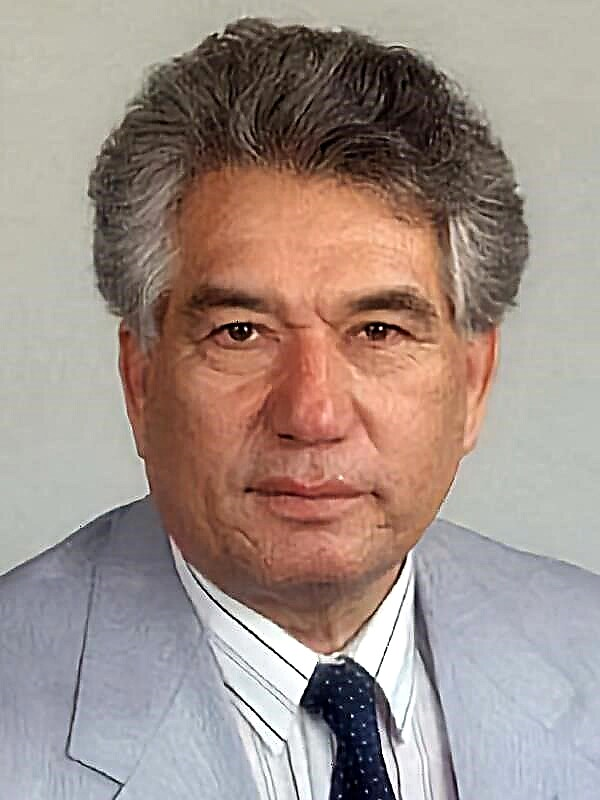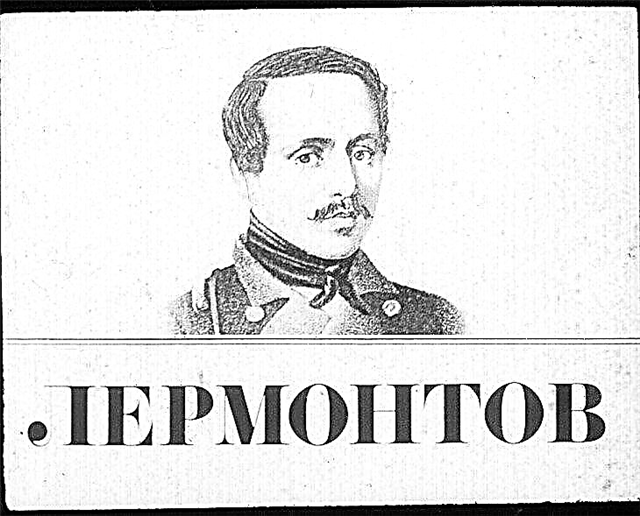The great and talented Russian writer and poet Mikhail Yurievich Lermontov created many beautiful works in different genres. But the poem “Mtsyri” in itself is especially valuable for his work, because it, despite its small volume, differs from the rest in an amazing story full of meaning, as well as an interesting composition that fully conveys the depth of feelings and emotions of both the author and and his hero. In this text, we would like to discuss precisely the structure of the poem “Mtsyri”, as well as to determine its influence on understanding the meaning of the work as a whole.
First of all, I want to note that the poem is divided into two unequal parts. The story begins with a story about a captured Georgian boy - Mtsyri, who is being held locked up as a hostage by a Russian general. The general, along with his caravan moves towards Tiflis (Tbilisi). The boy refuses food and is sick, apparently dying soon, so the general decides to leave him in the monastery along the way. Casual author describes the life of a boy before captivity, this time of joy, freedom and parental love, which is brutally interrupted by tragic events. When Lermontov describes the boy, he says that even despite his physical weakness and exhaustion, his spirit is not broken, he dreams of escaping and returning to his native land. However, in the monastery, the boy likes it, he begins to come to life and remains there for several years, until he comes of age. He wants to devote his life to serving in a monastery. And now, right before the rite of monastic tonsure, in the middle of the night Mtsyri suddenly disappears. The search for him lasts three days and finally he is found in a dying state.
And here begins the second, main part of the poem, which exceeds the first part in volume. It consists entirely of the confession of an adult boy, in which he talks about the time that he spent at large, about these three days. He talks about what he saw and heard, whom he met on his way and how he felt. He talks about the beauty of nature and confesses his love to a girl who he caught a glimpse of a stream.
Lermontov deliberately divides the composition into such unequal parts and describes the events of three days much longer than many years. These three days became the whole life for the author, and the years spent by him in the monastery were dull and pale. The author allows us to understand how much freedom means for the protagonist, how long he dreams of it, with what rapture he enjoys, even if his happiness lasts only three days.
The climax of the poem is Mtsyri’s meeting with the leopard, his battle with him and the victory over the animal. It is at this moment that we see the young man in all his glory, he is at the peak of his spiritual and physical strength. He tests himself and revels in battle. The leopard itself causes him a sense of admiration, he admires him. Mtsyri merges with nature into a single whole, albeit only for a moment, but he feels in harmony with it. At the end of his story, a young man dying of wounds asks the monk who found him to take him to the garden and put him in the farthest corner, from where he could see the mountains and probably his native land, which he never reached.
The composition of the poem “Mtsyri” gives us a deeper understanding of the essence of the work. The unequal parts of it make us understand how much the main character appreciated three days of freedom compared to the years spent in captivity. Lermontov in this way emphasizes this idea for us.
“Do you want to know what I did Outside? Lived - and my life Without these three blessed days It would be sadder and darker Your powerless old age, ”Mtsyri tells the old monk before his death.


